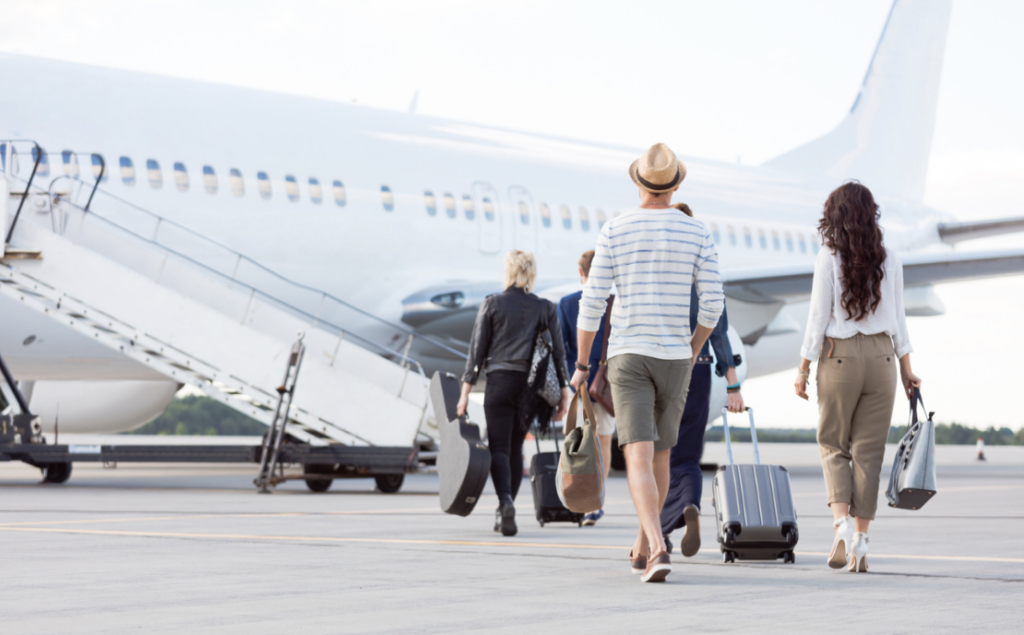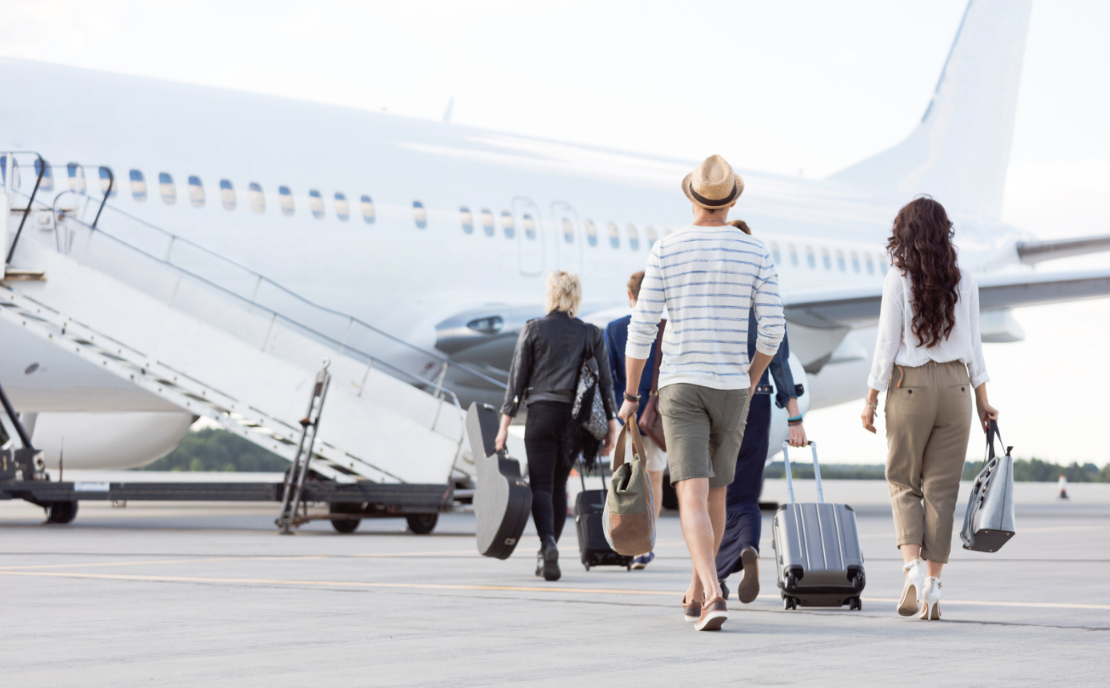March 3, 2024

As I am a most recent offender, I can attest that traveling across multiple time zones often leads to jet lag. But, with with thoughtful planning and, in some cases, some slight lifestyle adjustments, you can minimize its impact so you can make the most of your well deserved vacation. It is important to understand that jet lag can be addressed not only upon arrival but also before and during your transit to your destination. Here are a few things to think about:
Pre-Departure Preparation:
- Gradual Schedule Adjustment: Start slightly adjusting your sleeping and eating times a few days before departure to align with the destination’s time zone.
- Early Exposure to Destination Time: Begin adapting your schedule by exposing yourself to natural light during the times you’ll be active at your destination.
In-Flight:
- Hydration: Drink plenty of water to stay hydrated. As tempting as it can be, alcohol and caffeine can be disruptive to your sleep schedule so limiting intake is very important while in flight.
- Time Zone Adjustment: Set your watch to the destination’s time as soon as you board to mentally prepare for the upcoming schedule.
- Sleep: As difficult as it may be for some, try to get some sleep especially on those long flight legs.
Upon Arrival:
- Immediate Adaptation: If you arrive early enough, adjust to the local time zone as soon as you arrive by engaging in some activities based on the new schedule to help reset your internal clock.
- Outdoor Exposure: Spend some time outdoors in natural light to help signal to your body that it’s time to be awake.
- Light Physical Activity: Incorporate some light exercise to boost alertness. This could be a short walk at your destination or some stretching exercises.
- Meals: Try to set your meal schedule immediately to the new timezone.
Sleep Routine:
- Consistent Sleep Schedule: Aim for a full night’s sleep according to the local time zone. Establishing a consistent sleep routine helps your body adjust more effectively. If you find yourself waking up super early in the morning, resist the temptation to be on your phone.
- Avoiding Long Naps: Resist the temptation to take extended naps upon arrival, as they can interfere with your ability to adapt to the new time zone. Naps can certainly give you the boost you need, but if you must, try not to take more than a 30 minute nap.
Nutrition:
- Mindful Eating: Opt for light, nutritious meals. Avoid heavy, rich foods close to bedtime, as they can disrupt sleep.
- Stay Hydrated: Continue to prioritize hydration by consuming water regularly throughout the day.
Patience and Flexibility:
- Listen to Your Body: Pay attention to your body’s signals and be patient as you adjust. Everyone’s tolerance to jet lag varies, so make adjustments based on how your body responds.
- Professional Guidance: If sleep disturbances persist, consider consulting a healthcare professional for advice on sleep aids or other interventions.
I know the above might seem like either common sense or a bridge too far. Incorporating some of these strategies into your travel routine can significantly reduce the impact of jet lag, allowing you to make the most of your time in a new destination.
